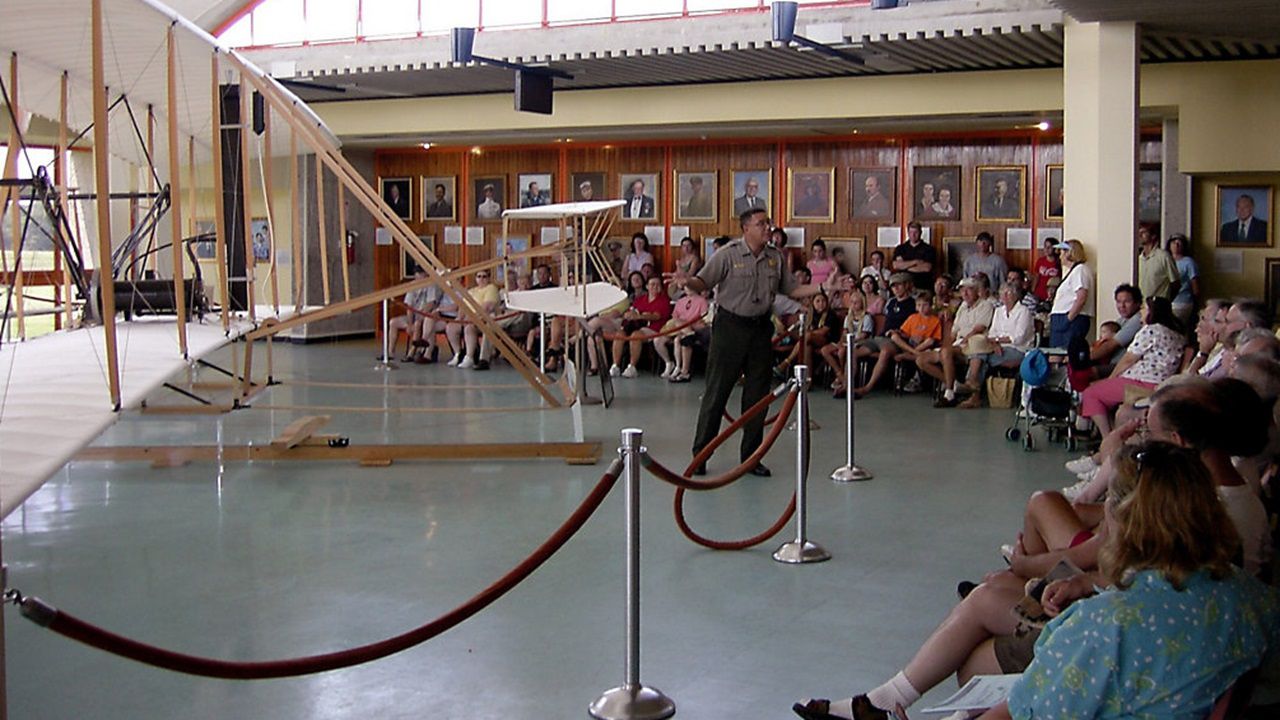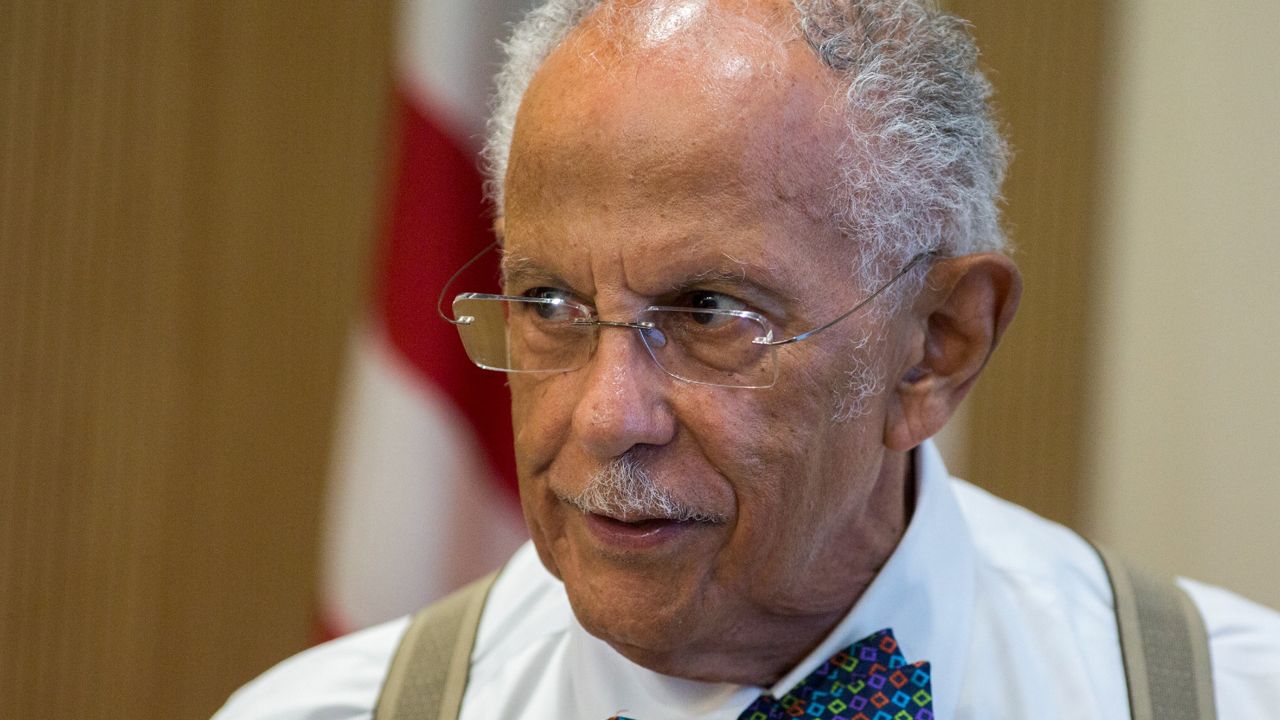As Black History Month draws to a close, a Wake County woman has shared her journey to discovering more about her ancestors.
Patsy Smith Morgan has made it her mission to link the past with the present and explain why identifying branches in your family tree means so much.
“It’s kind of like Forrest Gump says, ‘Life is like a box of chocolates. You never know what you are going to get,’ and that’s how genealogy is,” Morgan said.
Inside the Olivia Raney Local History Library in Raleigh, you will find stories from the past if you do a little digging.
Morgan has dug through time for as long as she can recall.
“You gotta put the right information in to get the right information out,” Morgan said.
The retired attorney for the N.C. State Department of Corrections says family research is work that never ends.
“It’s like a puzzle and you are constantly searching for missing pieces. Sometimes it’s just luck that you find the right person, the right name, to put in the search engine and look at what you can get,” Morgan said.
During her search, she discovered Valentine Lucas, her great-great-great-great-grandfather. He was a free man of color who fought in the Revolutionary War.
Morgan said she wasn’t surprised.
“African-American men have always participated in every war to prove their patriotism,” Morgan said.
The Museum of the American Revolution, based in Philadelphia, reports that between 5,000-8,000 people of African descent fought in the Continental Army.
Through cross-referencing, Morgan learned about Lucas, or Locas, as it is spelled on a vertical file. Vertical files speak to the way a collection of maps, newspaper clippings, fliers, pamphlets, photos, and more are stored upright, as well as how the file is accessed by patrons in a library.
By punching his name into Ancestry.com, she said discovered more links to her family tree.
From there, Morgan noticed Lucas was a part of the family. Morgan discovered Lucas enlisted as a private in the third North Carolina Regiment of the Continental Line in 1776. He saw combat at the Battle of Sullivan's Island in South Carolina in June 1776.
A roll card showed toward the end of his service that he was listed as a private in the second North Carolina Regiment of the Continental Line until his end of duty in July 1778. He served his country for 2.5 years.
“After I determined I had a real connection to the American Revolution, that’s when I thought about the things that I had in my own personal history about it,” Morgan said.
Morgan won an 8th grade essay contest for the Daughters of the American revolution. It was a surreal link to the past.
“Because that's the other thing in genealogical research. So much of it is just by chance,” Morgan said.
The connection propelled her to share insights at seminars. She titled one presentation Serendipitous Moments of Genealogical Discoveries.
Morgan said she spent hours in Wake County’s special library of history research room. Morgan, who graduated from Cary High School in 1973, said she looked at files and surfed through the computers to find answers. She eventually found out Lucas married Rachel Pettiford: Morgan’s great-great-great-great grandmother. They were married some time before the war.
“If you don’t look, you can’t find it,” Morgan said.“If you don’t look, you can’t find it,” Morgan said.
Another librarian she met at a class where people can learn how to do their own family research said she knew the name Valentine Lucas from prior research at the library.
Morgan then knew where to look. Lucas can also be found under the name Locas in the book Forgotten Patriots: African-American and American Indian Patriots in The Revolutionary War.
“Most of the information about my ancestor, Valentine Lucas, that is not directly related to his service has to do with an incident that occurred in October of 1801,” she said.
The incident Morgan referred to in Oct. 1801 is when white slavers stole their two children from their home.
A white-owned newspaper published the incident with its own version of the truth.
Morgan said the Raleigh Register documented that Lucas’ two children were abducted from his home.
“It was denounced. The stealing and selling of free negroes. But it still happened,” Morgan said. They were intended to be sent to Georgia to be enslaved.”
The children escaped from their captors and returned to their parents. Lucas died in Wake County in 1811.
A land grant was given to his widow, Pettiford. It was a $600 payment for fighting in the Revolutionary War and $40 twice a year for his service.
“It’s like putting together a puzzle and you never get it completed,” Morgan said.
She encourages anyone searching for their roots to never give up.
“You put the right name in the search engine and you never know what you are going to find,” Morgan said.







